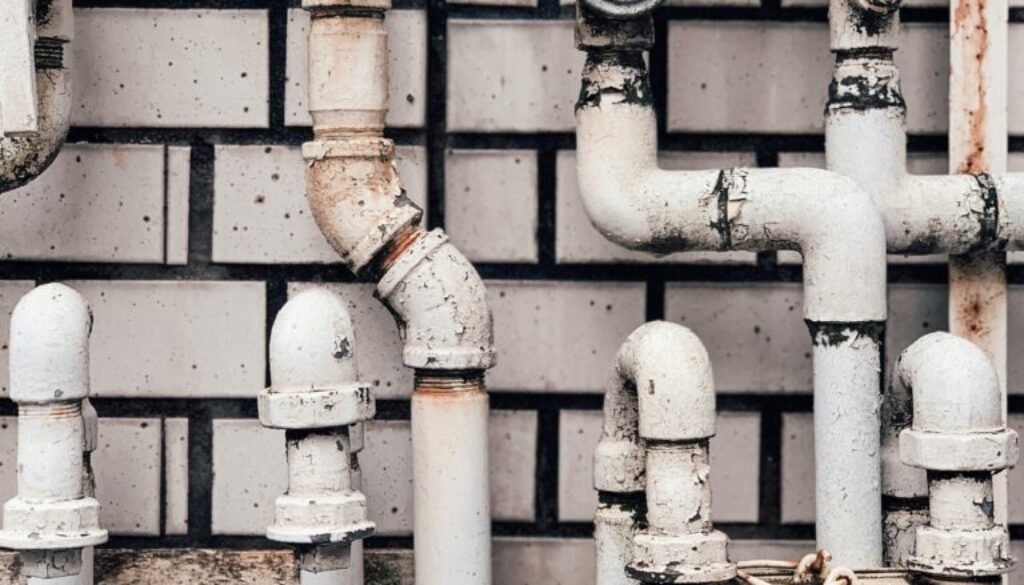Winter Plumbing Maintenance: A Guide to Preventing Cold-Weather Woes
Introduction: As winter sets in, it’s crucial to pay extra attention to your home’s plumbing to prevent potential issues caused by freezing temperatures. Frozen pipes, burst pipes, and other winter-related plumbing problems can be costly and inconvenient. Here’s a comprehensive guide to help you maintain your plumbing during the winter months and keep everything running smoothly.
- Insulate Exposed Pipes: One of the most effective ways to prevent frozen pipes is to insulate them. Identify pipes that are exposed to colder areas, such as attics, crawl spaces, or exterior walls, and insulate them using foam pipe insulation. This simple step can significantly reduce the risk of freezing.
- Seal Leaks: Inspect your home for any gaps or cracks that could allow cold air to reach your pipes. Use caulk or weather-stripping to seal these leaks, not only improving your home’s energy efficiency but also protecting your plumbing from the chill.
- Disconnect Outdoor Hoses: Before temperatures drop too low, disconnect and drain your outdoor hoses. If left connected, water can freeze inside the hose and potentially damage the faucet or the connecting pipes. Store hoses indoors or in a shed to prolong their lifespan.
- Insulate Outdoor Faucets: Outdoor faucets are particularly vulnerable to freezing temperatures. Use faucet insulation covers to protect them from the cold. These covers are easy to install and provide an additional layer of protection against freezing.
- Keep Interior Temperatures Stable: Maintain a consistent temperature within your home, especially if you plan to be away for an extended period. A thermostat set to a minimum temperature, typically above freezing, can prevent your pipes from becoming susceptible to freezing.
- Let Faucets Drip: During extremely cold nights, allow faucets to drip slightly. This continuous flow of water can prevent pipes from freezing by relieving pressure in the system. While it may slightly increase your water bill, it’s a small cost compared to potential repairs.
- Be Prepared for Power Outages: Winter storms can lead to power outages, which can affect your home’s heating system. Consider having a backup power source, like a generator, to keep your home warm and prevent pipes from freezing in case of an extended outage.
- Schedule a Professional Inspection: If you’re unsure about the condition of your plumbing or suspect potential issues, it’s wise to schedule a professional inspection. A licensed plumber can identify vulnerabilities, provide recommendations, and address any existing problems before they escalate.
Conclusion: Taking proactive measures to protect your plumbing during the winter can save you from the headache and expense of dealing with frozen or burst pipes. By following these tips, you’ll ensure that your plumbing system remains robust and functional even in the coldest weather.





January 15, 2024 @ 5:32 pm
Hi, this is a comment.
To get started with moderating, editing, and deleting comments, please visit the Comments screen in the dashboard.
Commenter avatars come from Gravatar.